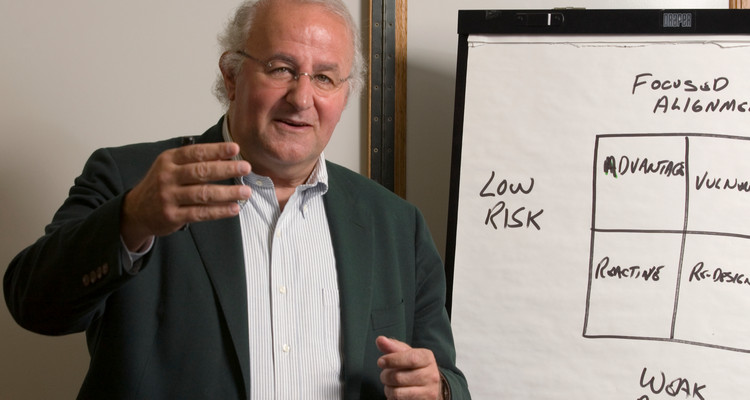Last week Jack Militello, a management professor here at the University of St. Thomas' Opus College of Business and director of our Executive UST MBA program was interviewed by the Star Tribune about mission statements, and specifically, how half a century after Earl Bakken set out Medtronic's mission statement, it remains relevant. Few companies can boast of a mission statement so enduring, said Militello. More from the article:
"A good mission statement should tell you what the company wants to be, not what it is today," he said. "Medtronic's statement does that."
Militello says corporate mission statements didn't gain traction until the go-go 1980s following the publication of the bestselling business book "In Search of Excellence" by Tom Peters and Robert Waterman. Publicizing a corporate mission, a kind of higher business calling, became de rigueur.
But just because these statements are trendy doesn't necessarily mean they're effective. "A lot of mission statements are BS," Militello said bluntly.
A good mission statement should clarify a company's goals, but those goals also should be aspirational, perhaps a bit out of reach, he says. "The key issue is relevance, and this is where a lot of mission statements are absolutely useless. They hang on a wall, or they are printed on the back of business cards and nobody ever sees them, and no one really cares."
Miletello says companies that truly practice their mission can use that passion to attract the best employees, as well as customers with a desire to do business with an ethical partner.
Read the complete article at the Star Tribune »
St. Thomas' Mission is one of the shortest, yet most relevant, collegiate mission statements:
Inspired by Catholic intellectual tradition, the University of St. Thomas educates students to be morally responsible leaders who think critically, act wisely, and work skillfully to advance the common good.







